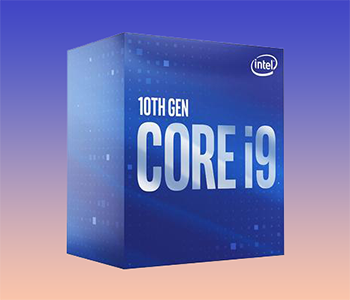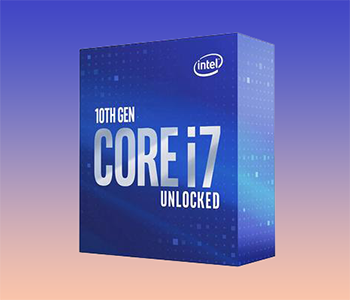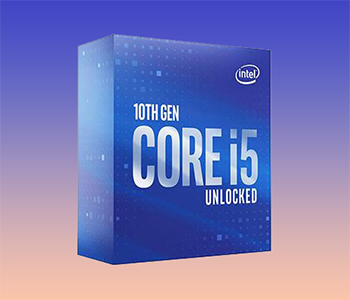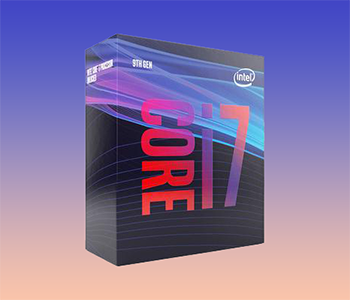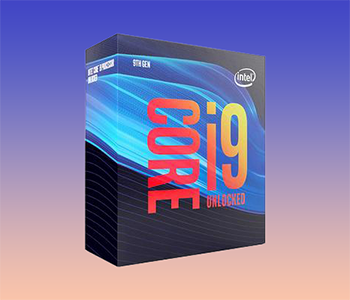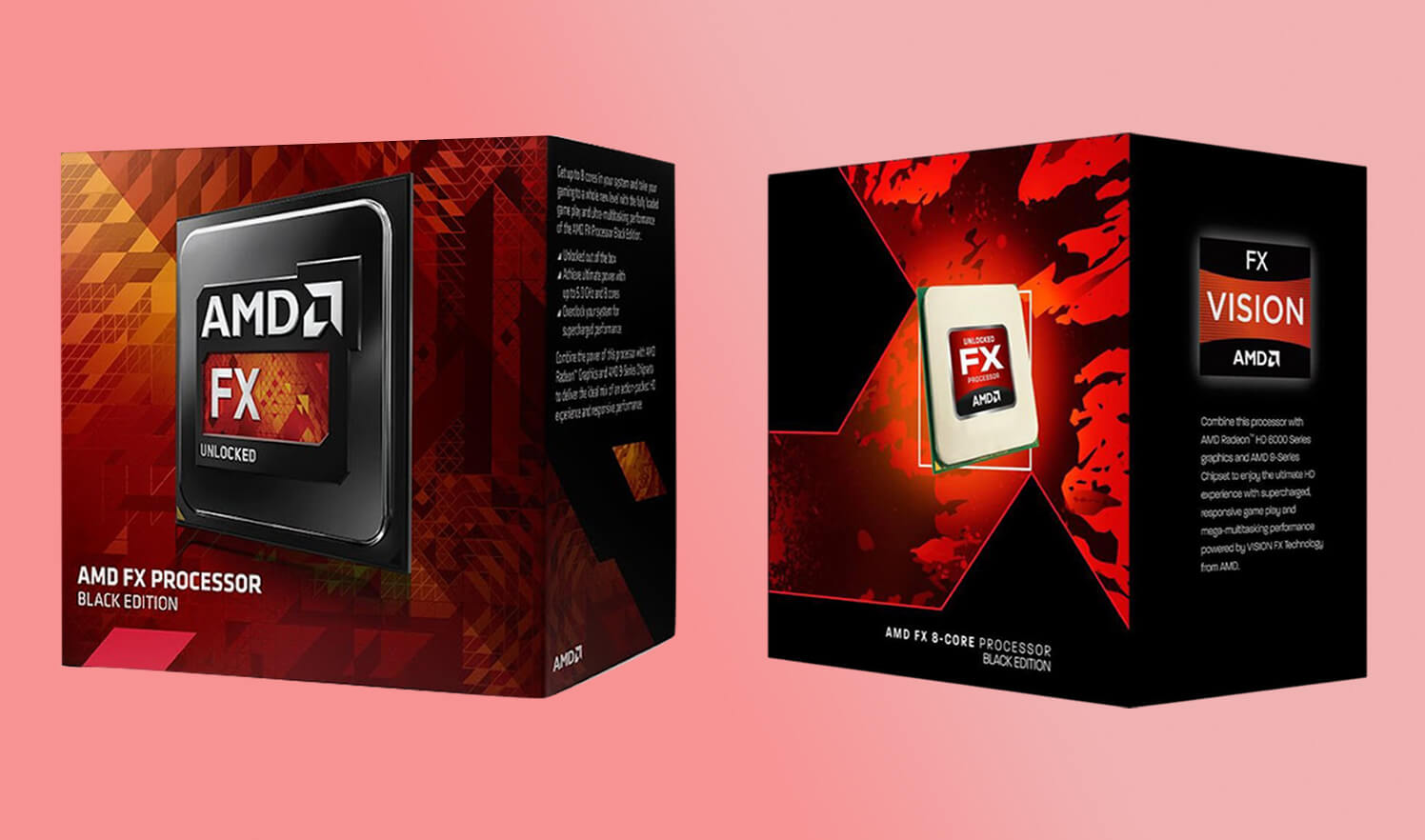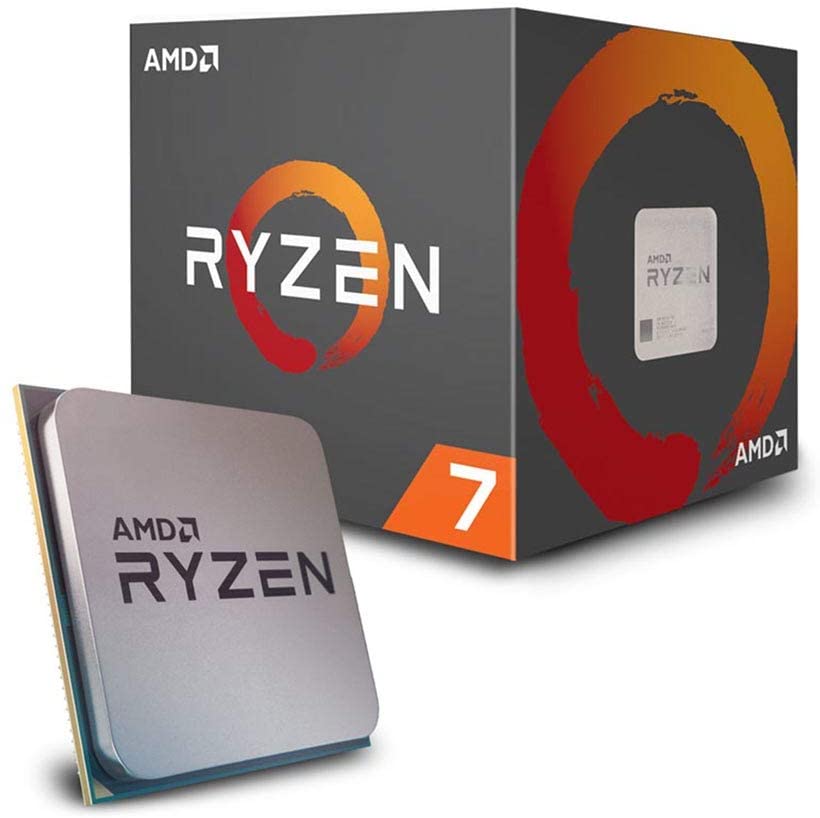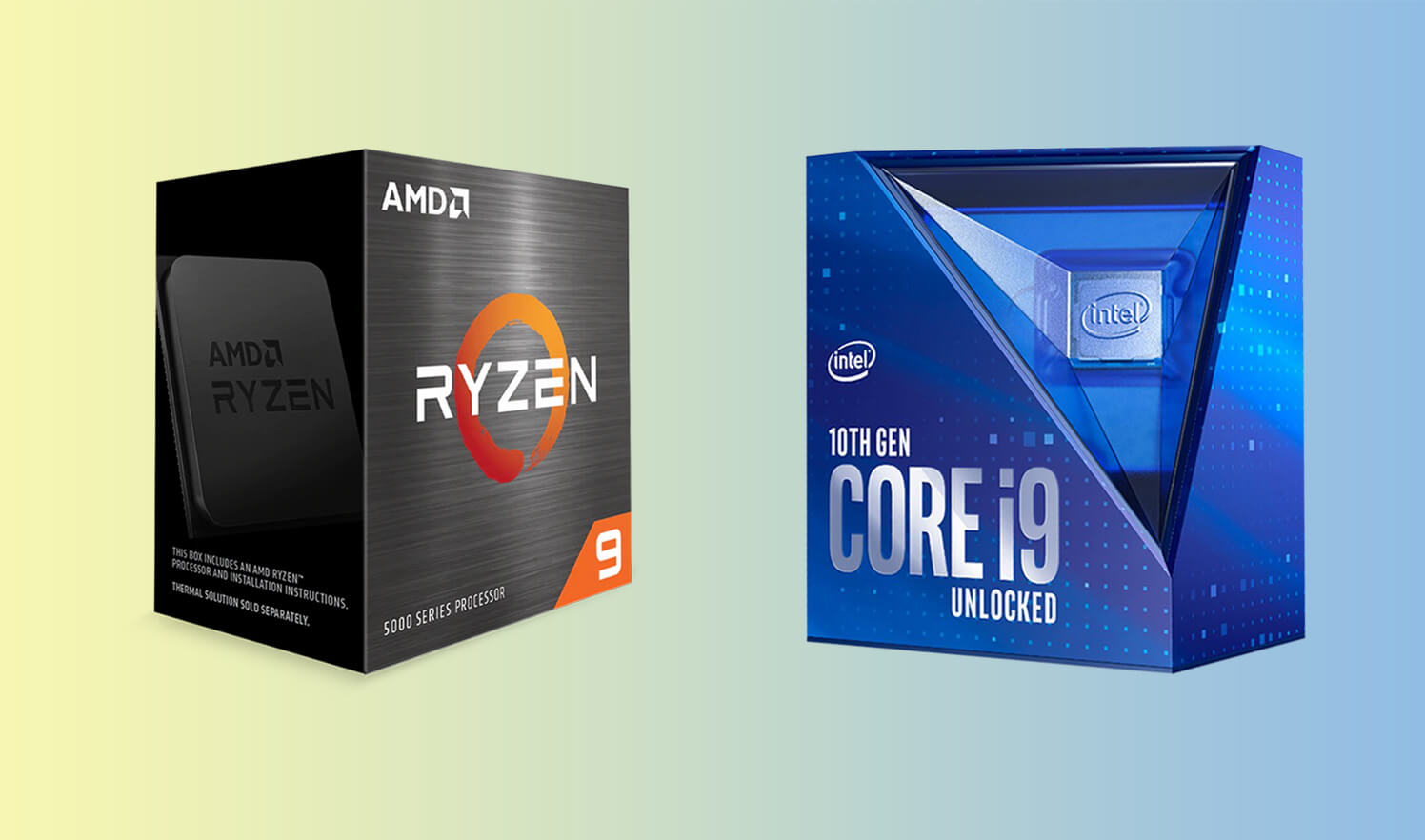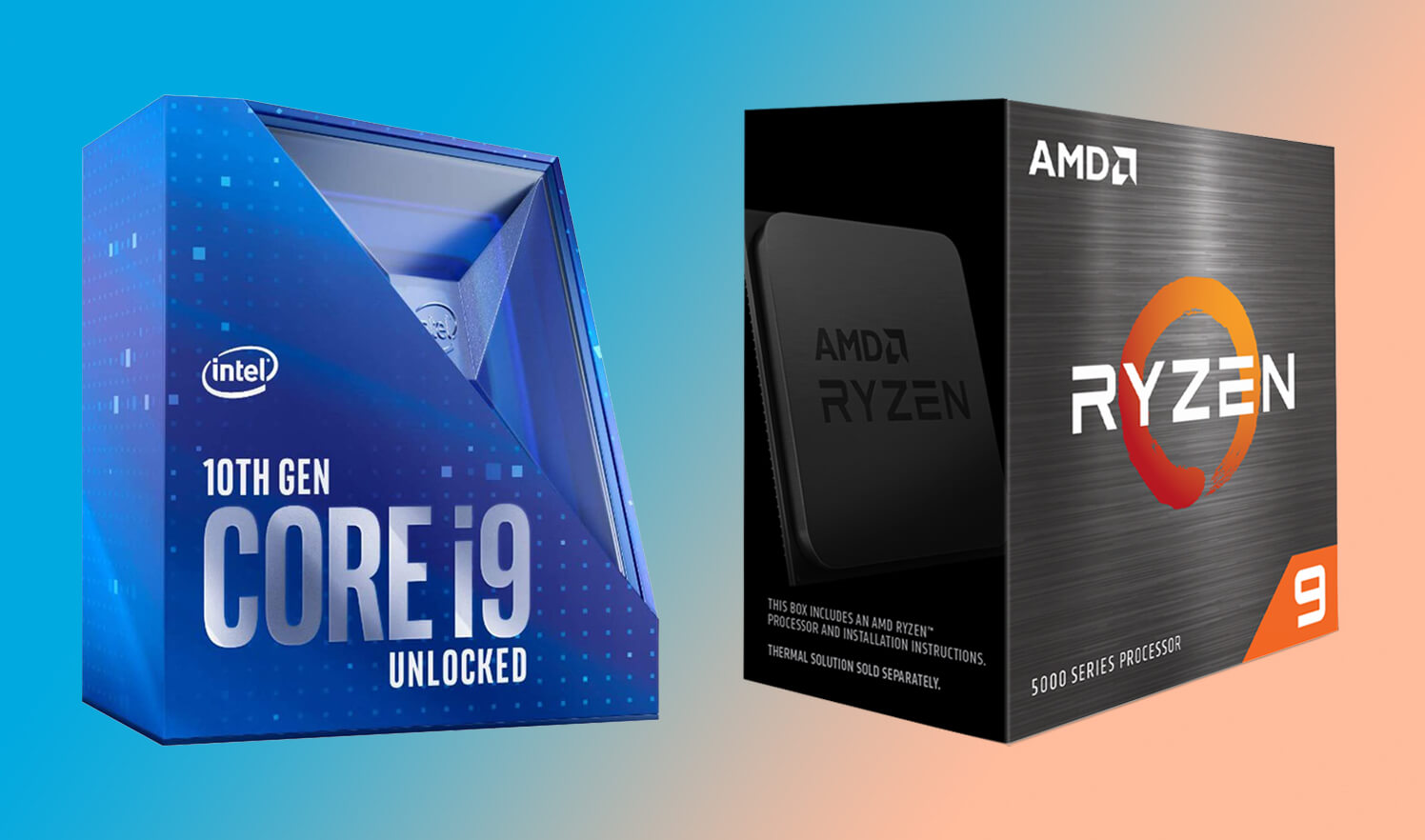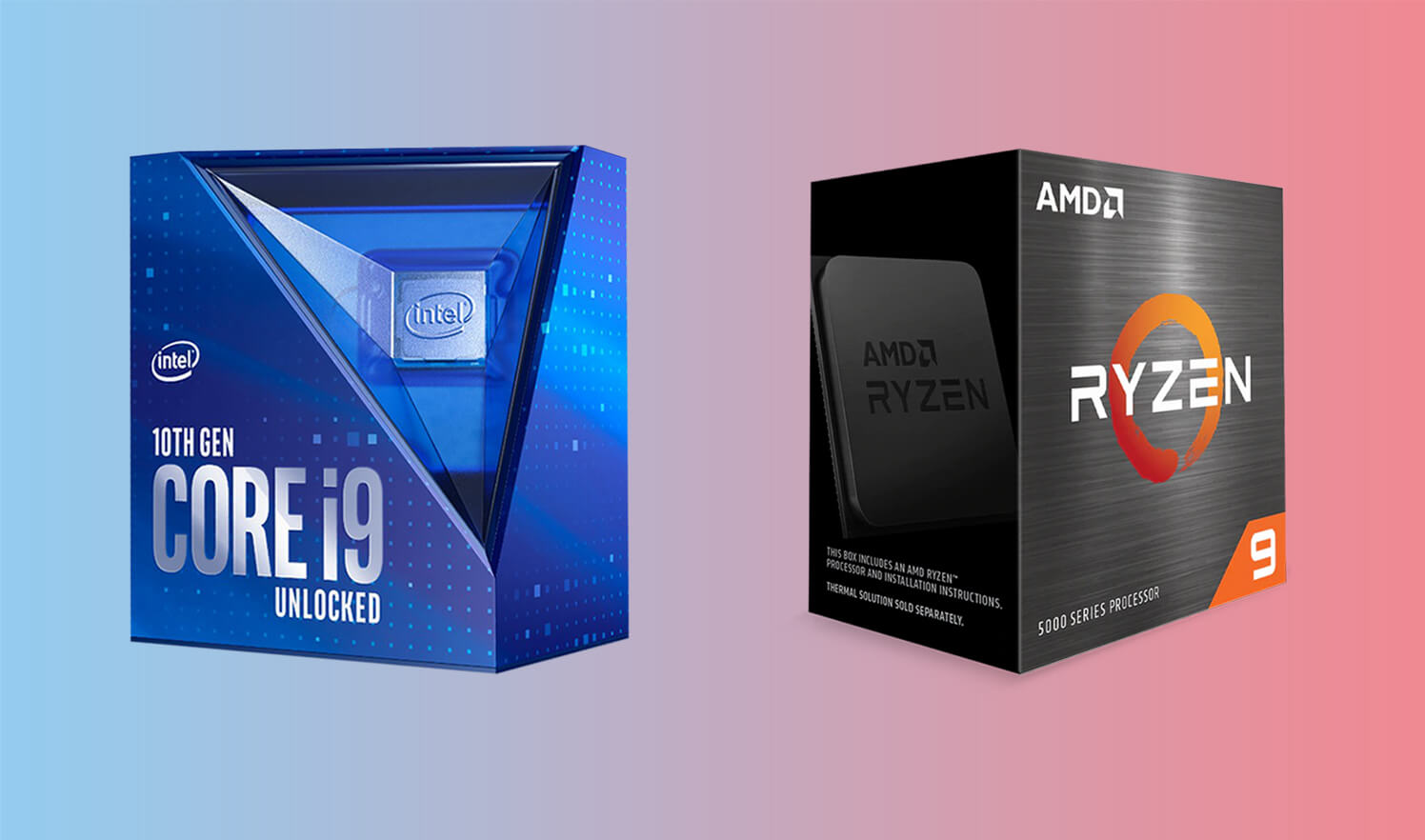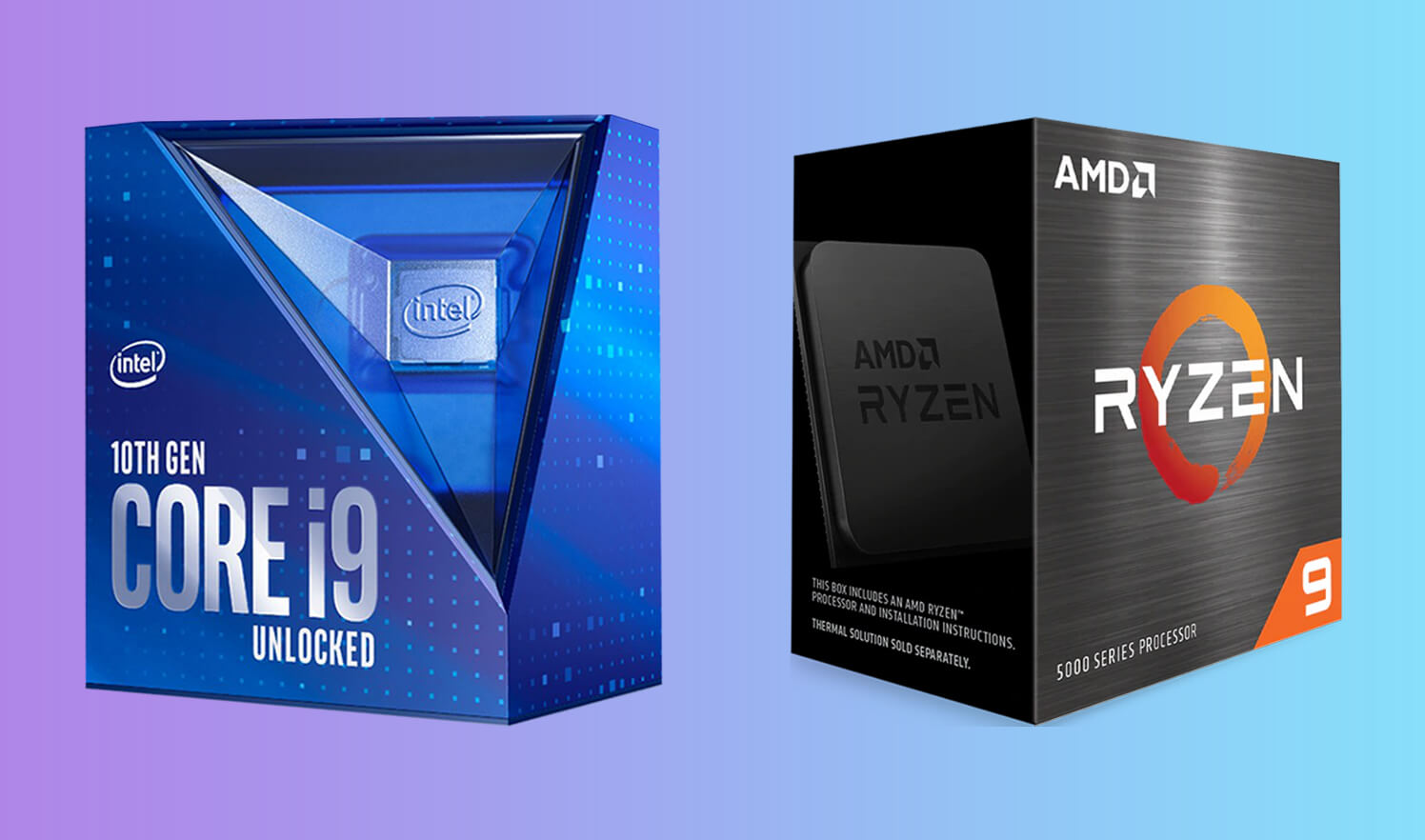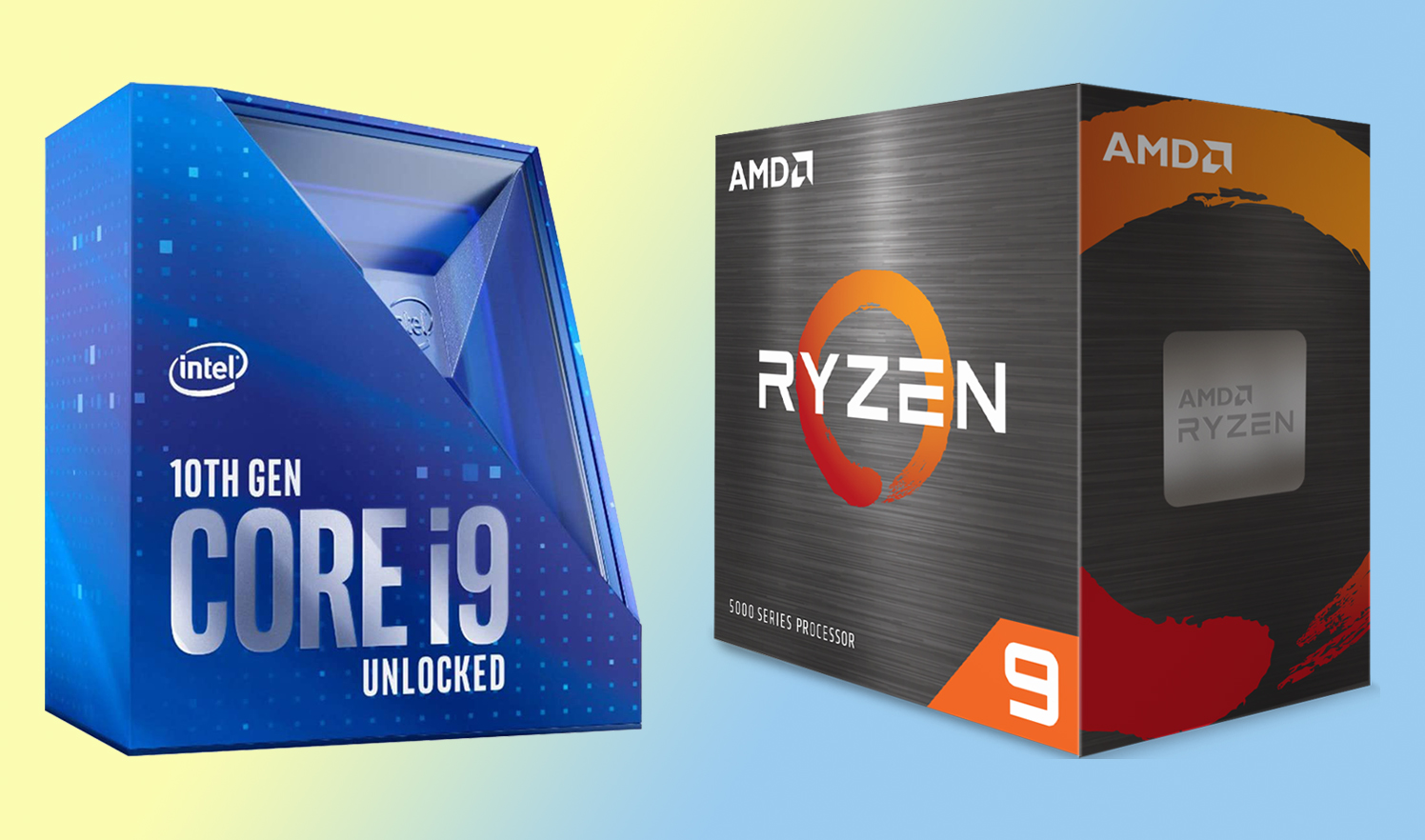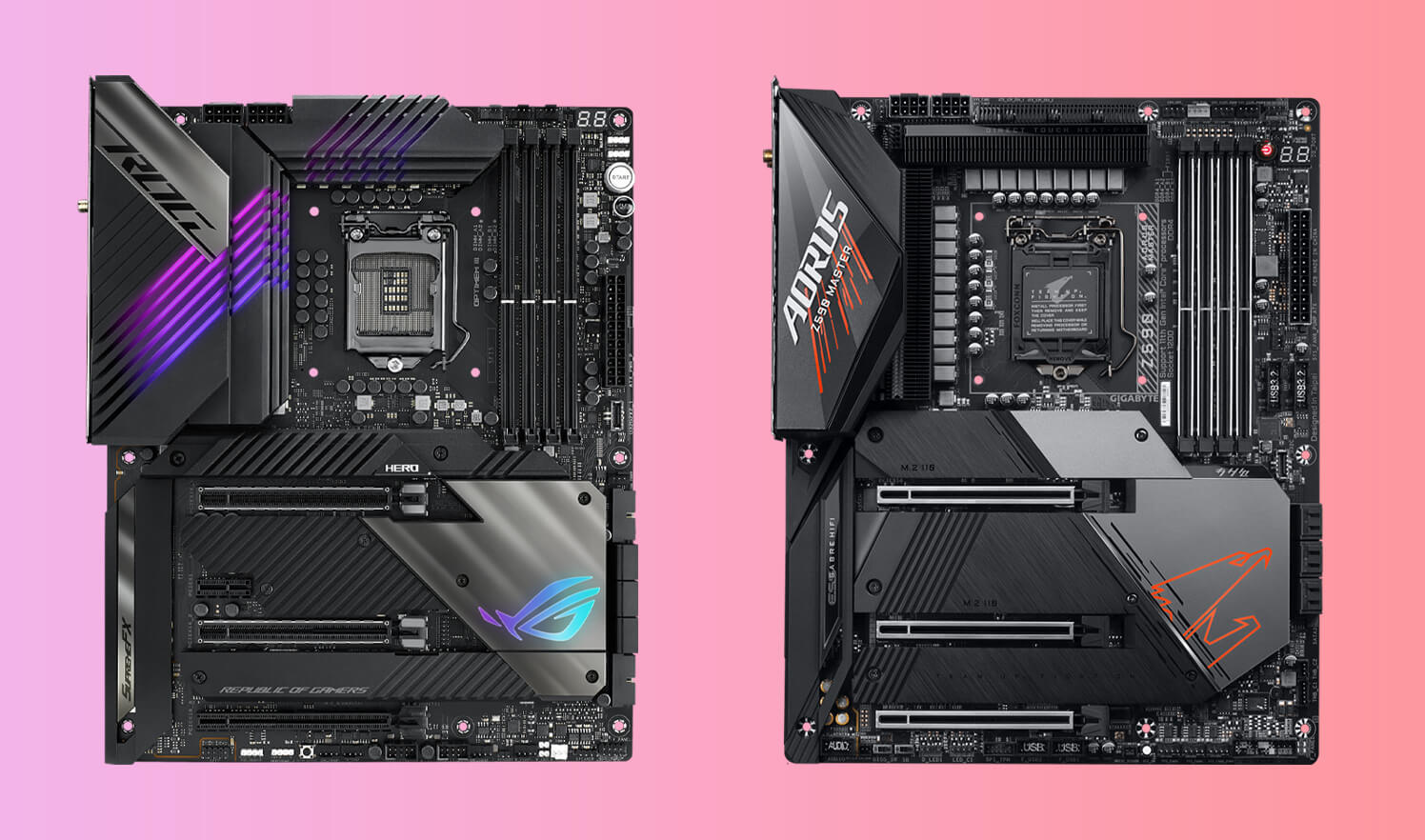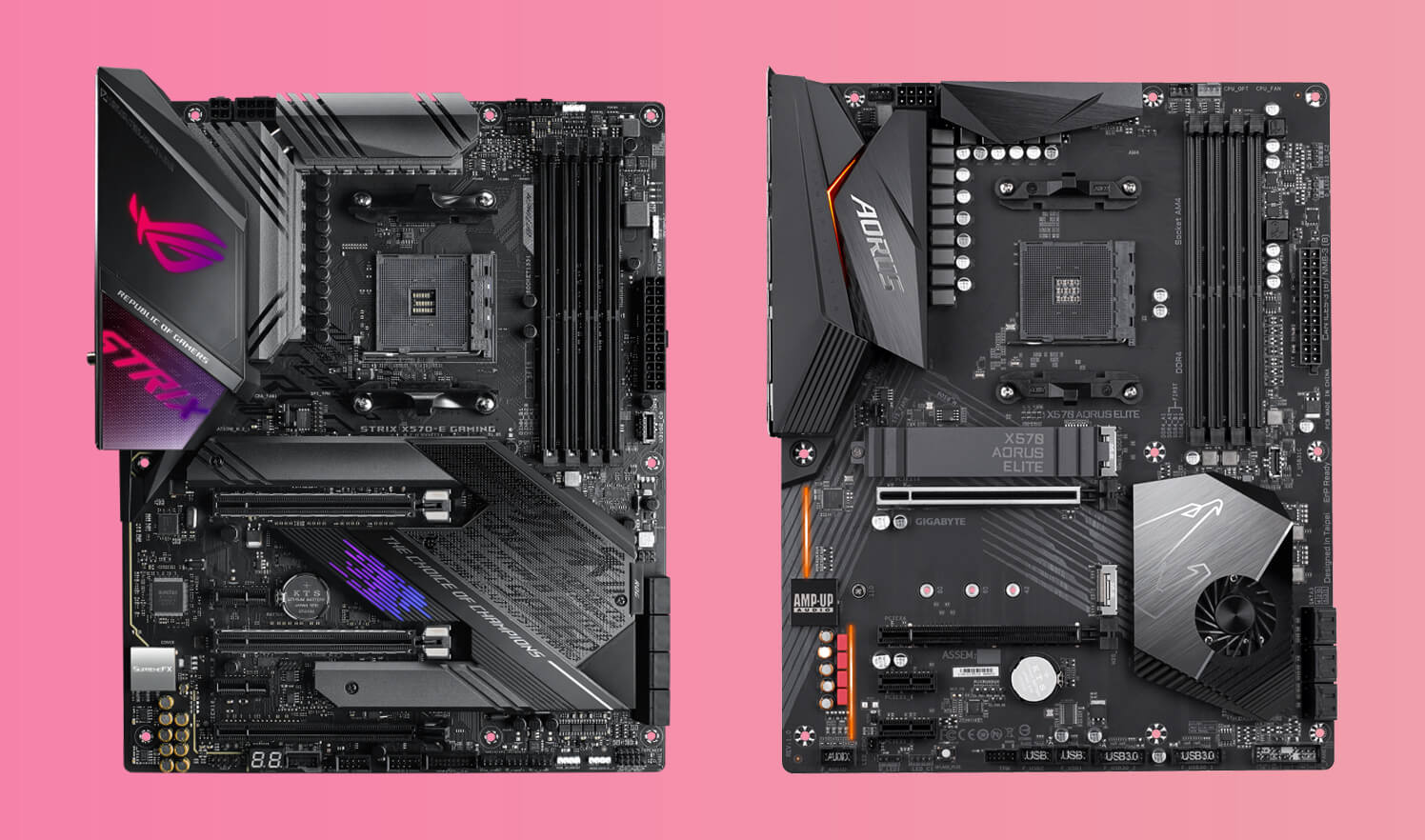To begin building your gaming rig, you must first choose between AMD and Intel as the CPU brand. If you have chosen to go with Intel, the next step is to choose which Intel processor is the best for gaming and will serve as the central processing unit for the whole PC construction.
The processor’s price, frequency, socket, overclocking, and TDP determine which additional components you will purchase to build a PC with no bottlenecks. We’ve compiled a list of the best Intel-based CPUs compatible with all of today’s high-end gaming games.
This system will not deplete processing power by playing Esports games at 240 frames per second.
On this list, we’ve selected top processors from the 11thand 10thand 9thand generations, which differ in socket size but are unbeatable in terms of performance and stability compared to their predecessors. First, let’s go over some pointers to help you make the best purchase possible.
High-end gaming is taking over every streaming platform, and the mainstream media is beginning to take note. N0tail, a DOTA 2 player who has played for teams like OG and Fnatic, has earned $7 million.
There is a lucrative career path worth millions of dollars in the gaming industry, and every player should begin honing their talents before joining a competition. Every professional gamer you meet will agree on one thing: they all play the same game.
You’ll need a PC that can keep up with the newest Esports games and run them at 240 frames per second or higher for a set frame rate and reaction time. When selecting the best Intel CPU for gaming, following a few basic shopping guidelines is preferable to improve your computer’s gaming performance.
Quick Shopping Tips:
Brands: People have been separated into two groups: team Red (AMD) and team Blue (Intel). As tech enthusiasts, we will strive to be objective in analyzing both companies, even though both have devoted followings. AMD and Intel went head-to-head with their newest product announcements.
AMD’s newest Ryzen 5000 series CPUs outperformed Intel’s 11th generation processors in both multicore and single-core performance, although the two processors were almost identical in terms of performance. Either of them is OK, but we will focus on Intel today since it is the most up-to-date technology that is readily accessible.
Gaming Capabilities: In an open-world game, the CPU is responsible for everything of the in-game physics that happens, such as the movement of a vehicle or the artificial intelligence provided to the crown when strolling along the street, among other things.
The GPU is responsible for the world’s aesthetics, while the CPU is in charge of determining where the bullet will land and calculating the exact moment it will have an effect. Although they are not mutually exclusive, fast CPUs and GPUs are both necessary.
TDP: The processor’s thermal design power (TDP) measures how much heat it generates under high-stress conditions. An indirect method was utilized to estimate the processor’s power consumption using this method
Heat production rises as electricity use rises. If you want to use an air-based cooling system, this value will help you choose an appropriate CPU cooler for the processor. Liquid cooling is adequate to maintain the base frequency and should not be used under overclocked conditions.
Processing power: The CPU’s primary responsibility is to process all the data that any game sends into it, like pedestrian clothes in games. Assassin’s creed claims to have all the in-game pedestrians be non-identical. An algorithm decides how each person looks, and the CPU does that. A higher number of cores/threads means better multitasking capability. How many tasks it a simultaneous process, which leads to better performance. The frequency is the number of functions it can handle in a second, representing speed.
Best Intel Processors for Gaming at a glance:
- Intel Core i9-11900K
- Intel Core i7-11700K
- Intel Core i5-11600K
- Intel Core i7 10700K
- Intel Core i9 10900K
- Intel Core i5-10600K
- Intel Core i7 9700K
- Intel Core i9 9900K
The Best Intel Processors for Gaming You Can Buy Today
Intel Core i9-11900K
Best Premium Intel Processor for Gaming
SPECIFICATIONS
Architecture: Rocket Lake | Socket: Intel LGA1200 | Cores/Threads: 8/16 | Base Frequency: 3.5 GHz | Top Boost Frequency: 5.3 GHz | TDP: 125W
REASONS TO BUY
✓ Fastest single-core performer
✓ 100+ fps for all Esports games
✓ 14nm based market availability
REASONS TO AVOID
✗ No bundled cooler
✗ High power consumption
Intel came out with Intel Core i9-11900K to answer Team Red’s Ryzen 5000 series processor. It’s a 14nm lithography-based processor with unprecedented single-core processing power, making it lead in games that rely on single heavy tasks. It sets record performance in some titles, making it the best premium Intel processor for gaming. It beats its competition in PUBG, Fortnite, and Overwatch. The number of frames per second was found to be higher with a better single-core performance.
Intel has no competition for single processing tasks, but we have noticed a decline in performance by Intel when it comes to multi-tasking. The TDP is high compared to the competition, and using an air-based cooler becomes difficult as the size becomes enormous. Liquid cooling is more suitable for this processor, which adds to the cost of the overall unit. As an eight-core processor, the price is relatively high.
We saw that it has higher IPC and has integrated graphics that could be critical to some users. Since its 14 nm lithography, the availability is much easier than the 7nm offered by the competition. Unavailability is the biggest letdown for any processor company. The price for Intel processors is still in control. Rocket lake is a good choice for gamers who cannot wait for the stocks of other processors to pile up. It can run all top AAA titles above 100+fps with a decent GPU.
Intel Core i7-11700K
Best Intel Processor for Gaming
SPECIFICATIONS
Architecture: Rocket Lake | Socket: Intel LGA1200 | Cores/Threads: 8/16 | Base Frequency: 3.6 GHz | Top Boost Frequency: 5 GHz | TDP: 125W
REASONS TO BUY
✓ Intel Iris Xe (iGPU)
✓ PCIe Gen 4.0 compliant
✓ Intel Optane memory support
REASONS TO AVOID
✗ No 100+fps on iGPU
✗ Requires a high-end cooler
The best Intel processor for gaming is Intel Core i7-11700K. You do not always need 240fps above gaming performance to exceed in gaming. Results show that beyond 144fps does not increase your gaming performance. All the modern GPUs have Gsync or FreeSync technology which allows fps to match the Hz of your monitor. If you have a monitor that supports this technology, then 144fps is enough for perfect gaming performance and headshots. i7-11700K can run all the esports titles above 144fps in 1080p.
Most gamers prefer a 32-inch monitor, which keeps everything within the viewable eye area; this makes 1080p resolution perfect as anything beyond that is not distinguishable. This processor is an ideal balance for Intel processor-based gamers. The price is not high enough, and it can run all the latest AAA titles in a decent frame; it is not overkilled for esports games. However, it requires a large cooler as the TDP at boost frequencies might reach 125W, which means a more oversized casing and more fans contributing to the indirect cost.
Intel has changed its socket to LGA1200 from its previous socket used in the 10th generation. If you are looking to upgrade your processor, be sure that you change your motherboard. The new LGA1200 supporting motherboard chipset is Z490, H470, B460, H410, and W480. The 11th generation processor supports PCIe 4.0, requiring the latest chipset that allows PCIe 4.0 GPU, M.2 drives, and expansion cards.
Intel Core i5-11600K
Best Budget-Friendly Intel Processor for Gaming
SPECIFICATIONS
Architecture: Rocket Lake | Socket: Intel LGA1200 | Cores/Threads: 6/12 | Base Frequency: 3.9 GHz | Top Boost Frequency: 4.9 GHz | TDP: 125W
REASONS TO BUY
✓ 128 GB memory support
✓ Full supports top RTX 3000 GPU
✓ 19% IPC increase over 10th Gen
REASONS TO AVOID
✗ No ECC RAM support
✗ Thicker lithography than similar CPUs
Intel Core i5-11600K entirely beats all the competition because of its price. The performance i5-11600K offers in games goes head to head with processors that cost twice the price it demands. With such a budget-friendly price that allows 4K gaming at 100+fps with a decent GPU. As a gamer, you will not require anything faster than this processor for all your gaming needs. Irrespective of being an esports gamer or a casual role-playing gamer, 11600K stands out regardless of any type of gaming application.
This processor is the best budget-friendly Intel processor for gaming. It has a 19% IPC increase over the 10th generation, making it better at performing iterative calculations. It does not support ECC RAM, but that is not relevant to gaming. The RAMs that are ECC are 5% slower than non-ECC RAMs. 14nm lithography is an outdated technology, but its edge over the latest 7nm technology is its availability. GPUs and CPUs use a 7nm manufacturing process, and only a handful of companies manufacture at 7nm, which leaves space for 14nm to capture the market.
The high energy requirements of this best Intel processor for gaming are a downside, but with a suitable CPU cooler, you can extract the true potential of the processor. You will be spending less in direct or indirect costs when running this CPU for one year before the next generation of CPUs hits the market. However, the socket change always has its price, which puts it behind AM4 that works gen-on-gen. The integrated graphics could be an edge for some users, while for gamers, it’s irrelevant as it’s not fast enough for esports.
Intel Core i7 10700K
Best Fastest Intel Processor for Gaming
SPECIFICATIONS
Architecture: Ice Lake | Socket: Intel LGA1200 | Cores/Threads: 8/16 | Base Frequency: 3.8 GHz | Top Boost Frequency: 5.1 GHz | TDP: 125W
REASONS TO BUY
✓ 5.0+GHz boost frequency
✓ Three displays simultaneously
✓ Supremacy in frame drop stability
REASONS TO AVOID
✗ No PCIe 4.0 support
✗ No Thermal Velocity Boost
Intel is known for its stability and endurance when it comes to performing in a stressed condition, and Intel Core i7 10700K is a processor which provides you with the slightest bottleneck in the price segment it targets. It is the best fastest Intel processor for gaming with stability. The minimum fps in games like Metro Exodus or Far Cry 5 beats team Red. Intel primarily owes it to their game cache, ensuring that a minor bottleneck occurs and sudden fps drop is minimum.
Intel lies ahead of its competition in terms of stability but lacks behind in providing maximum fps. The significant drawback of Intel 10th generation hardware was the lack of PCIe 4.0. It means that the latest RTX 3000 series GPUs and the former RTX 2000 series GPUs will run in backward compatibility mode, leading to a bottleneck in hardware configuration. UHD gaming and 4k gaming are possible on this processor but going beyond 60+fps will be difficult without the upscaling.
If you are looking to stream and play games simultaneously, then this processor can easily handle the load considering that you don’t go beyond 1080p resolution for your streams. The 4K resolution will lead to a sluggish response. It has the overclocking capability to go beyond the 5 GHz mark, and the die temperature limit is 100°C giving it a significant overclocking headroom. Esports gamers need stability and constant fps for performance which makes this an excellent choice for competitions.
Intel Core i9 10900K
Best Flagship Intel Processor for Gaming
SPECIFICATIONS
Architecture: Comet Lake | Socket: Intel LGA1200 | Cores/Threads: 10/20 | Base Frequency: 3.7 GHz | Top Boost Frequency: 5.3 GHz | TDP: 125W
REASONS TO BUY
✓ Dual-channel memory
✓ 200+ fps Esports gaming
✓ 4K @60Hz graphics results
REASONS TO AVOID
✗ No embedded options
✗ No Transactional Synchronization Extensions
Intel Core i9 10900K is a generation older processor but exceeds expectations when it comes to performance. It is considered the best flagship Intel processor for gaming. The higher number of cores pushes massive calculations through, and all the major AAA titles run above 100+fps with this processor. It is considered overkill for modern gaming, but an Esports professional looks for less bottleneck in processors. Intel is known for stability, and the i9 10900k offers its users stable frame rates with a decent graphic card like the RTX 2080.
Whenever you buy an overclock capable CPU, remember that they do not come with a bundled cooler, but intel has recommended a PCG 2015D thermal solution for this processor. 125W is a lot of heat production owing to the 14nm technology. Intel has lacked behind in being an energy saver, but it does take the lead in availability. Intel is easy to get and readily available across many online stores. Intel decided to change the socket from LGA1151.
We have benchmarked this CPU across many top gaming titles PUBG runs at 200+fps, Fortnite runs at 300+fps, Need for Speed: Heat runs at 100+fps, Call of Duty Warzone runs at 100+fps, and GTA V runs at 100+fps. It makes high-end an overall performance powerhouse. It runs exceptionally well on all modern gaming titles. It’s a go-to processor for Esports enthusiasts, and casual gamers can also take advantage of 10 cores.
Intel Core i5-10600K
Intel's Best Processor for Gaming
SPECIFICATIONS
Architecture: Comet Lake | Socket: Intel LGA1200 | Cores/Threads: 6/12 | Base Frequency: 3.7 GHz | Top Boost Frequency: 4.1 GHz | TDP: 125W
REASONS TO BUY
✓ Overclocking headspace
✓ Intel Software Guard Extensions
✓ Thermal Monitoring Technologies
REASONS TO AVOID
✗ No PCIe 4.0 support
✗ 240mm above liquid radiator required
Intel’s best processor for gaming is Intel Core i5-10600K. It is an excellent choice for gamers who are not looking to go overboard and want to build their skills on a decent PC without investing much money. It is a 10th generation processor called LGA1200 socket-based, allowing the user to jump to the 11th generation with the same motherboard and enabling PCIe 4.0. Be sure to buy a PCIe 4.0 compatible motherboard so that a future upgrade becomes swift and easy.
With such high power comes high heat production. 10600k is a 14nm technology-based processor that produces a lot of heat, while in terms of energy bills, it does not exceed otitis competition. The compatible cooler recommended for this processor is a liquid-based 240mm or larger radiator because of the massive 220W peak power during PL2 tau times, which remain for short intervals. Still, if you have a decent CPU cooler, the user can extend the tau time.
Intel has made significant improvements to the overall die by thinning the material in this processor and subsequent processors. Being the best intel processor for gaming it allows faster response to changing heating loads and better temperatures overall inside the die. It has significant overclocking headspace and with the latest turbo boost technology overclocking without a limit is safe and feasible.
Intel Core i7 9700K
Best Mid-Price Intel Processor for Gaming
SPECIFICATIONS
Architecture: Coffee Lake | Socket: Intel LGA1151 | Cores/Threads: 8/8 | Base Frequency: 3.6 GHz | Top Boost Frequency: 4.9 GHz | TDP: 95W
REASONS TO BUY
✓ Identity Protection Technology
✓ Stable Image Platform Program (SIPP)
✓ Transactional Synchronization Extensions
REASONS TO AVOID
✗ Older Turbo Boost technology
✗ No Hyper-Threading Technology
It’s hard to believe that Intel Core i7 9700K was released in the fourth quarter of 2018 and still takes the spot of an overkill processor for most modern games. It has an excellent price/performance ratio and is the best Intel processor for gaming because it performs well across many games. It is awarded as the best mid-price Intel processor for gaming. It remains less than 80% utilized in all modern AAA games and Esports titles. The lower TDP also lets the users use a smaller CPU cooling solution which is cheaper. The processor still has massive overclocking potential and performed outstandingly as a single core performer.
There are always advantages to having the latest generation of hardware. The i7 9700k does not have the latest Intel Iris Xe integrated graphics; it has an older built-in chipset that one could not use for streaming esports games. The turbo boost technology is older, has a high-end slower response time, and does not accurately control the frequency regarding gaming demands. The die design is older, making the core temperature higher than the 10th generation processor or higher.
The price of this processor has dropped over the years, and if you are a user with a dedicated graphics card for gaming, this processor will be the best choice you make. However, the older socket will limit any upgrade that you can make without changing the motherboard. PCIe 4.0 incompatibility will remain an issue, but as far as high-end gaming streaming and recording are concerned, it is a perfect choice for the price.
Intel Core i9 9900K
Best Mid-Range Intel Processor for Gaming
SPECIFICATIONS
Architecture: Coffee Lake | Socket: Intel LGA1151 | Cores/Threads: 8/16 | Base Frequency: 3.6 GHz | Top Boost Frequency: 5.0 GHz | TDP: 95W
REASONS TO BUY
✓ Execute Disable Bit security
✓ Intel vPro Platform Eligibility
✓ Featured AI-based overclocking
REASONS TO AVOID
✗ No support for 8K graphics
✗ No demand-based switching technology
Intel Core i9 9900K took the world by storm, and the price skyrocketed with its launch. There was no competition to Intel when the i9 9900k hit the market shelves. Every gamer dreamt of owning this 14nm lithography-based processor. The 8 cores and 16 threads with overclocking headspace made enthusiasts mouth water. Users immediately started testing it with liquid nitrogen, and the processor stood strong. It is still relevant to modern-day games and applications, and it is awarded the best mid-range Intel processor for gaming.
Despite being a powerful processor, it has its downside. There is no latest integrated graphics. The technology is outdated, and most users will feel that the performance compared to the Iris Xe graphics in the 11th gen are far more superior to this processor. If you are a user of integrated graphics, then 11th gen is the way to go. I9 9900k is for users with a dedicated graphics card and no plan to upgrade in the next 2-3 years.
Benchmark results reveal astonishing results despite being a three-year-old graphic card. One of the first CPUs to cross the 5.0GHz boost frequencies and remain stable with its operation. The generation on generation improvement was massive wound 33% mankind it the best choice of time. Many users are still using this processor to the date of writing this review. It beat team red by a big margin making the team blue lead the industry.
Conclusion
We have featured the best Intel processor for gaming, running the latest AAA titles and Esports titles at frame rates, making G-Sync and FreeSync relatable with 144Hz screens. Some processors can even let your 240Hz monitor work hard with 300fps feeding into the screen. Suppose you want to remain relevant for the next five years. In that case, we recommend going for the Intels 11th generation of processors as they have the latest Intel Iris Xe that allows high-end computational graphics without using a dedicated graphics card.
But if you want a feasible solution for your PCIe 3.0 graphics card and will be looking to upgrade in the future, then go for the 10gen processor that is LGA1200 socket base with a PCIe 4.0 compatible motherboard. You can change the processor later when it comes under your budget. If you have an absolute value for money deal, there are no better options than those we stated in the 9th generation lineup. However, upgrading will be costly, but the processors remain utilized for most modern game titles. Hopefully, you will find the best possible CPU processor for your use.
Frequently Asked Questions
Is i5 good for gaming?
Absolutely yes, we can take the example of Intel Core i5-10600K; it is the best GPU in the market with the LGA1200 socket allowing cheap upgradation and above 200+ fps in most demanding esports games. 6 core and 12 threads make it an incredible choice for multi-core dependent games like PUBG, Call of Duty Warzone, and Fortnite.
Is Intel still better for gaming?
Intel has always been great for Esports gaming due to its low bottlenecking. Their processor, Intel Core i9 9900K, remains relatable. The processor is still not fully utilized in top gaming titles like Valorant, Assassins Creed, and Metro Exodus. 200+fps gaming is still relatable; despite being a PCIe 3.0 based CPU, the performance in gaming still stands out.
What type of processor is good for gaming?
Any multi-core processor that has AI-based frequency boost technology is suitable for gaming. It is a future-proof processor and has all the latest tech like the Intel Core i9-11900K. It is the best Intel processor with PCIe 4.0 support and Intel Iris Xe for the high-end latest demanding software.
What is the best processor for gaming 2020?
Intel Core i5-11600K is the best processor for gaming in 2021. It is overkill for most gaming titles and does not bottleneck with the latest GPUs. Thtremendousat overclocking potential and its ability to run PCIe 4.0 based storage devices and GPUs make it a perfect choice for gamers that want to stream their gameplay. Professional gamers prefer this CPU for its price/performance ratio. One can found a higher number of frames per second.
Is Intel i5 or i7 better for gaming?
The Core i5 and Core i7 processors stand out in the market for gaming CPUs. While the Core i5 is less expensive, the Core i7 offers more incredible multitasking performance. If you’re a streamer, you may want to spend the extra money and get the Core i7.
